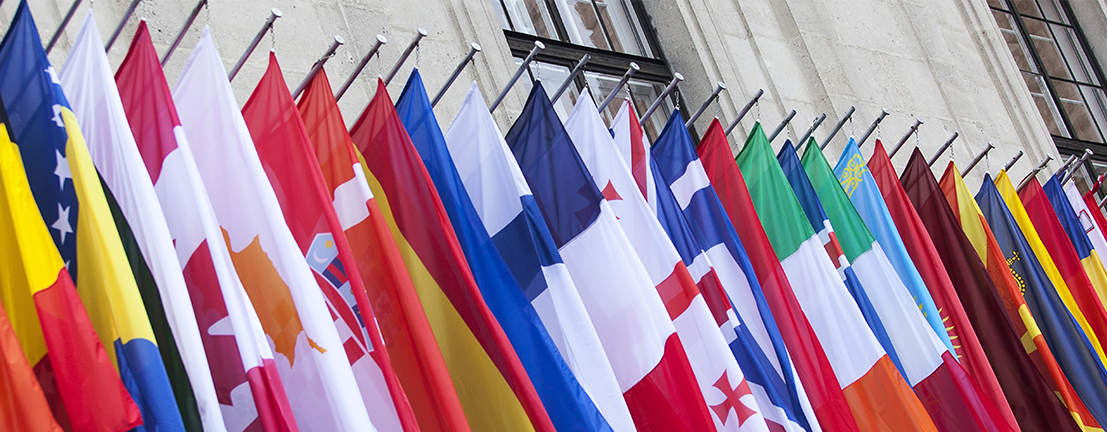Ball Corporation Joins the United Nations Global Compact
April 15, 2022
At Ball, we’re committed to our purpose – to build a stronger business and a healthier planet by helping people live more sustainably and advancing our understanding of how the world works. Sustainability is our business strategy — our 2030 goals address critical business challenges, while positioning us for long-term growth. We strive to do what’s right for our customers, consumers, suppliers, employees, communities, the planet and our shareholders.
That’s why Ball Corporation recently joined the United Nations (UN) Global Compact. By joining the Global Compact, Ball is committing to continued implementation of sustainability principles that support human rights, labor, the environment, and anti-corruption. We’re part of a global community of like-minded companies working to do good.
The UN Sustainable Development Goals (SDGs) are a set of 17 priorities focused on addressing the world’s biggest sustainable development challenges, such as ensuring quality education for all; reducing inequalities and ensuring no one is left behind; producing and consuming responsibly; and taking action to combat climate change and its impacts.
We currently have several commitments in place at Ball that directly align with these goals including:
- Real Circularity: We’re doing what we can to move toward a truly circular economy where materials can be – and actually are – used again and again because real circularity can create real change. It is not enough for products to be recyclable, they need to be physically recycled in the real world. We are committed to achieving 85% average recycled content (up from 61% in 2020) in the aluminum we use to produce billions of beverage cans, bottles and cups each year. To facilitate our progression towards circularity – what we call Our Vision Towards a Perfect Circle – we will need more cans to be collected with a high percentage of those cans being recycled back into can sheet. We are collaborating with industry partners, policy makers, NGOs and other stakeholders to increase global recycling rates for aluminum beverage cans, bottles and cups to 90% by 2030 from their current level of 69%.
- Climate Leadership: In 2020, we announced our ambition to move to net zero which was an expansion of our science based targets of reducing GHG emissions from our supply chain and operations including energy sources. In the past 3 years, we have announced virtual purchase power agreements in the United States, Sweden and Spain where electricity produced from these projects allowed us to source 44% of our global electricity demand in 2021 from renewables. Ball aims to obtain 100% renewable electricity globally by 2030, with an interim target of 75% by 2025.
- Community Outreach Programs: We’re committed to maximizing our positive social impact in the communities where our people live and work. Through The Ball Foundation, we’ve set up outreach programs to support education including supporting the Science, Technology, Engineering and Math (STEM) programs across the U.S. focused on inspiring the next generation of scientists and engineers – particularly those programs serving underrepresented groups. At our annual summer outreach event last year, our engineers teamed up with Girls Inc. of Metro Denver to rev up excitement about STEM and the NASA James Webb Space Telescope (Webb) launch.
- Diversity and Inclusion: At Ball, we offer unconscious bias and inclusivity training for employees and people leaders. We’ve always believed in an equitable workplace for all individuals and are proud to have earned a perfect score of 100 on the 2022 Corporate Equality Index and recognized as a Best Place to Work for LGBTQ+ Equality for the sixth year in a row.
As one of the world’s largest aluminum packaging producers, Ball has an opportunity and responsibility to make the world a better place. Our ambitious goals and targets align with the Global Compact and SDGs, and we’re committed to continue our transparency as we map out the progress we’re making along the way.
